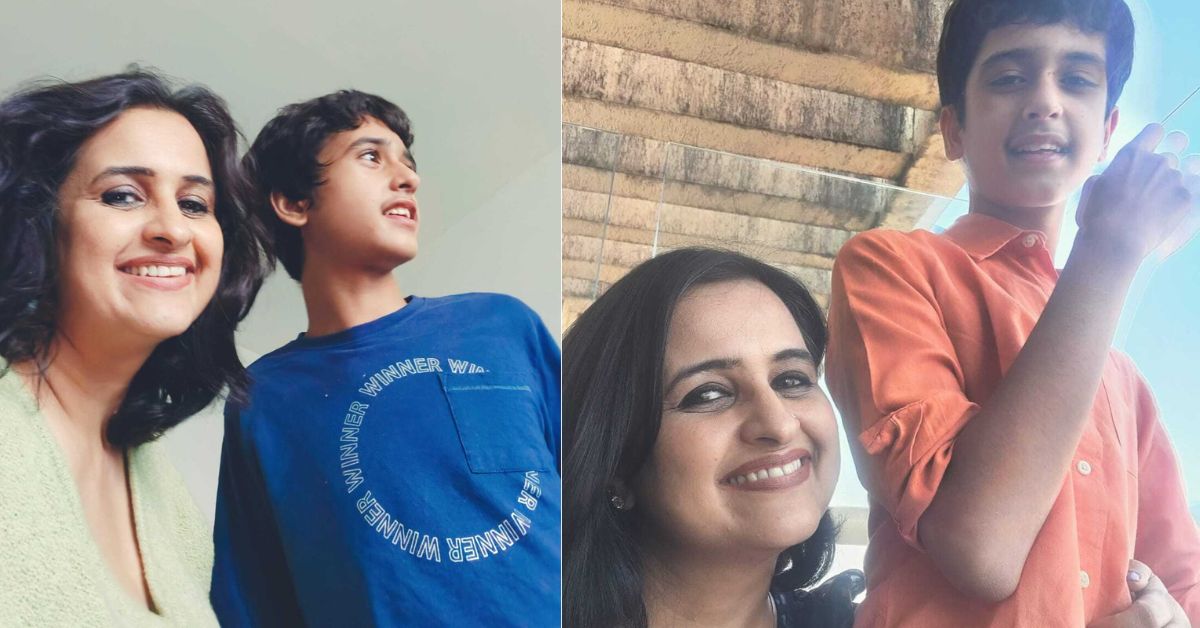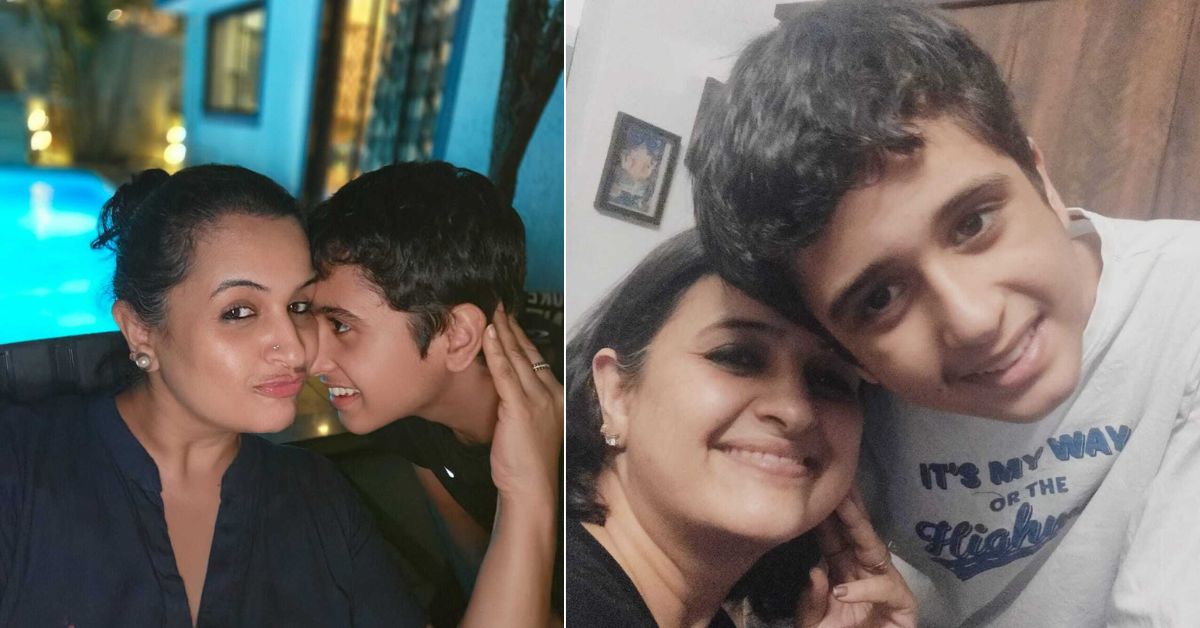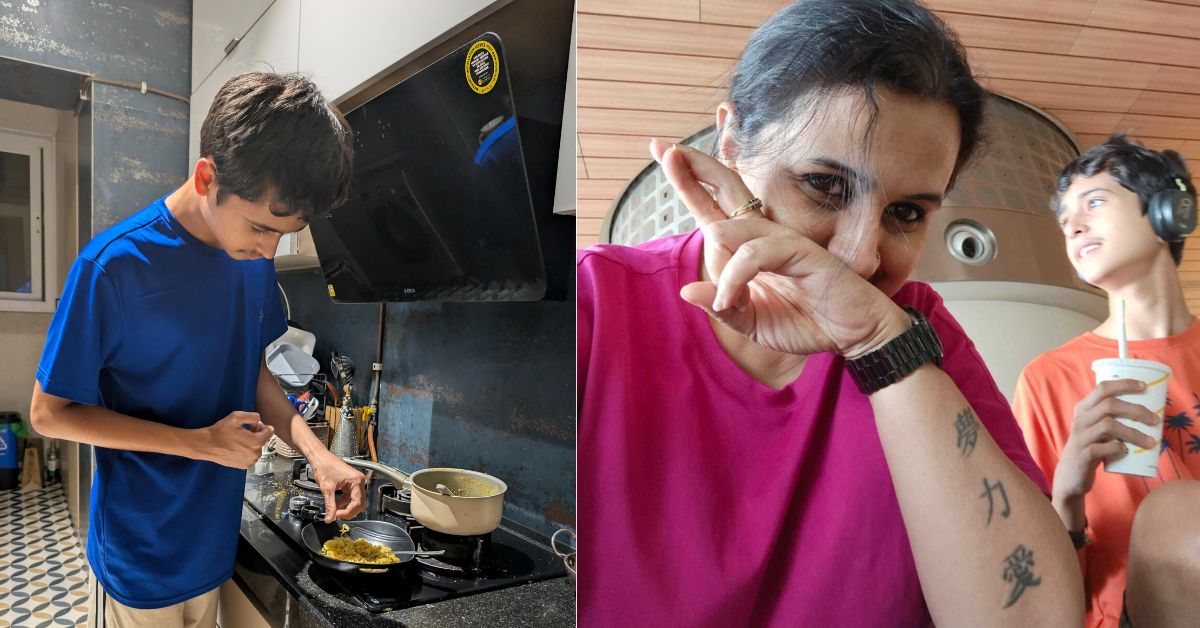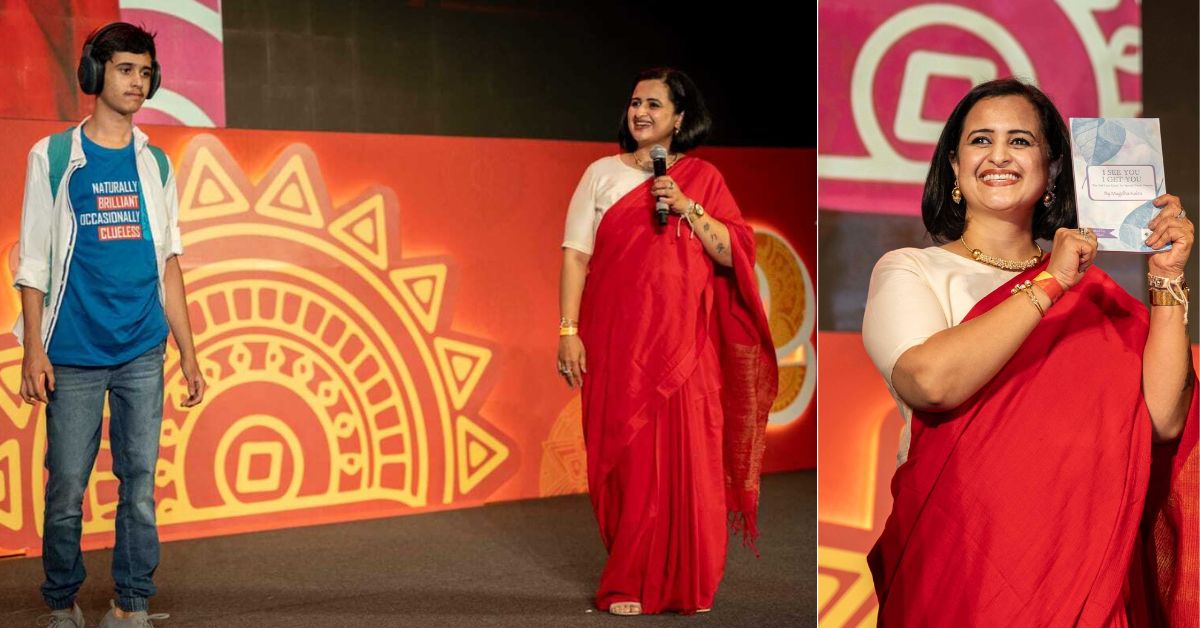When Mugdha Kalra walked into a school admission interview in 2013 with her four-and-a-half-year-old son, she thought it would be a routine conversation about his future. Instead, she walked out in silence — shaken, confused, and barely able to drive herself back home.
That day, a counsellor gently suggested something she had never considered before: that her son, Madhav, might be autistic. “I was not ready for it,” Mugdha recalls. “I left without saying a word to the counsellor, shaking in disbelief.”
At the time, Madhav hadn’t yet developed language skills. He struggled to sit still and couldn’t maintain eye contact.
For Mugdha, a journalist by profession, life changed course overnight. She soon took a sabbatical from work to care for her son and dive into understanding Autism.

‘A mother is always blamed’
Her journey through the initial fog of uncertainty and grief brought her closer to other mothers, many of whom were quietly bearing similar struggles. “They were asked if they did something wrong during their pregnancies or if they had been absentee mothers. In the Indian context, the mother is almost always blamed. This leaves her feeling guilty. But over the years, I developed a thick skin. I had to,” she says.
Mugdha focused all her energy on helping Madhav thrive. Sharing her parenting methods, she explains, “Autism is an invisible disability. Autistic individuals stim — that is, they indulge in repeated behaviours to self-regulate and calm themselves. If I see my son rocking on a chair in a social setup and he’s not disturbing anyone, I don’t stop him.”
But that doesn’t stop judgement from others. “People often comment, kaisi maa hai apne bacche ko sambhaal nahi sakti (What kind of mother is she if she can’t even manage her own child?)” she adds.
Mugdha points out that parenting an autistic child is far from easy. Now, as Madhav enters his teenage years, she is learning to navigate adolescence, build his independence skills, and figure out what comes next. “He is 15 now and going through hormonal changes. We need to be careful about what might trigger a behaviour change or lead to anxiety,” she says.

To help manage this, Mugdha keeps a journal of possible triggers and engages Madhav in calming activities like running, swimming, and trekking. She believes that parents must be patient, give their child time to settle, and use calm negotiation rather than raising their voices.
‘I stopped chasing the wrong goals’
Importantly, she also says she did not exhaust herself by focusing on the wrong goals. “I didn’t push my son to talk or learn to tie his shoelaces or improve his handwriting. I switched to Velcro shoes and typing on tablets instead,” she shares.
Over time, Mugdha has seen steady growth in her son. He’s compliant at school, clears his exams, plays a sport, and even makes his own snack.
“Some time ago, we went cave-walking. I feared it might trigger his anxiety. But instead, he was fearless — he was actually happy with the other children,” she shares.
“Now, when he wakes up, brushes his teeth, and steps out of the shower without being prompted, that’s a big day for us. We celebrate those little victories,” she smiles.

Mugdha believes that acceptance is everything. “The sooner that happens, the better you become at navigating the challenges of parenting differently — while still living the life you always wanted to,” she says.
“To be honest, sometimes I feel more grateful for raising a child who is so blissful, innocent, and loving. The neurotypical world of parenting is much tougher these days and comes with its own set of complexities. Today, if you are aware and in acceptance of this new reality, there is enough help available,” Mugdha adds.
When parenting turns into a movement
Mugdha is also the co-founder of ‘Not That Different’, a neurodiversity awareness and acceptance movement. The initiative has created India’s first-ever comic strip on neurodiversity, along with support resources for parents and professionals. NTD’s mission is to amplify the voices of neurodivergent individuals, foster inclusion among young people, equip caregivers, parents and teachers with resources, and publish impactful books on inclusion.
The initiative has created India’s first-ever comic strip on neurodiversity and has reached over 25 schools and hundreds of families through workshops and support resources. Its efforts have been featured on BBC Worldwide, supported by global icons like Dame Stephanie Shirley, and appreciated by the Stanford Neurodiversity Project.
Mugdha has also written a book titled I See You, I Get You: The Self-Care Guide for Special Needs Parents. It explores the emotional, financial, and social challenges that come with parenting a child with special needs.

Offering practical strategies, emotional grounding, and reflective exercises, the book encourages parents to rediscover themselves, nurture well-being, and build resilience. Ultimately, it’s about embracing hope, finding strength in vulnerability, and making self-care a priority.
For Madhav, he doesn’t need to ‘fit in’ — the world needs to expand its idea of what’s normal. And Mugdha is making sure it does.
Edited by Khushi Arora; All images courtesy Mugdha Kalra
No comments:
Post a Comment